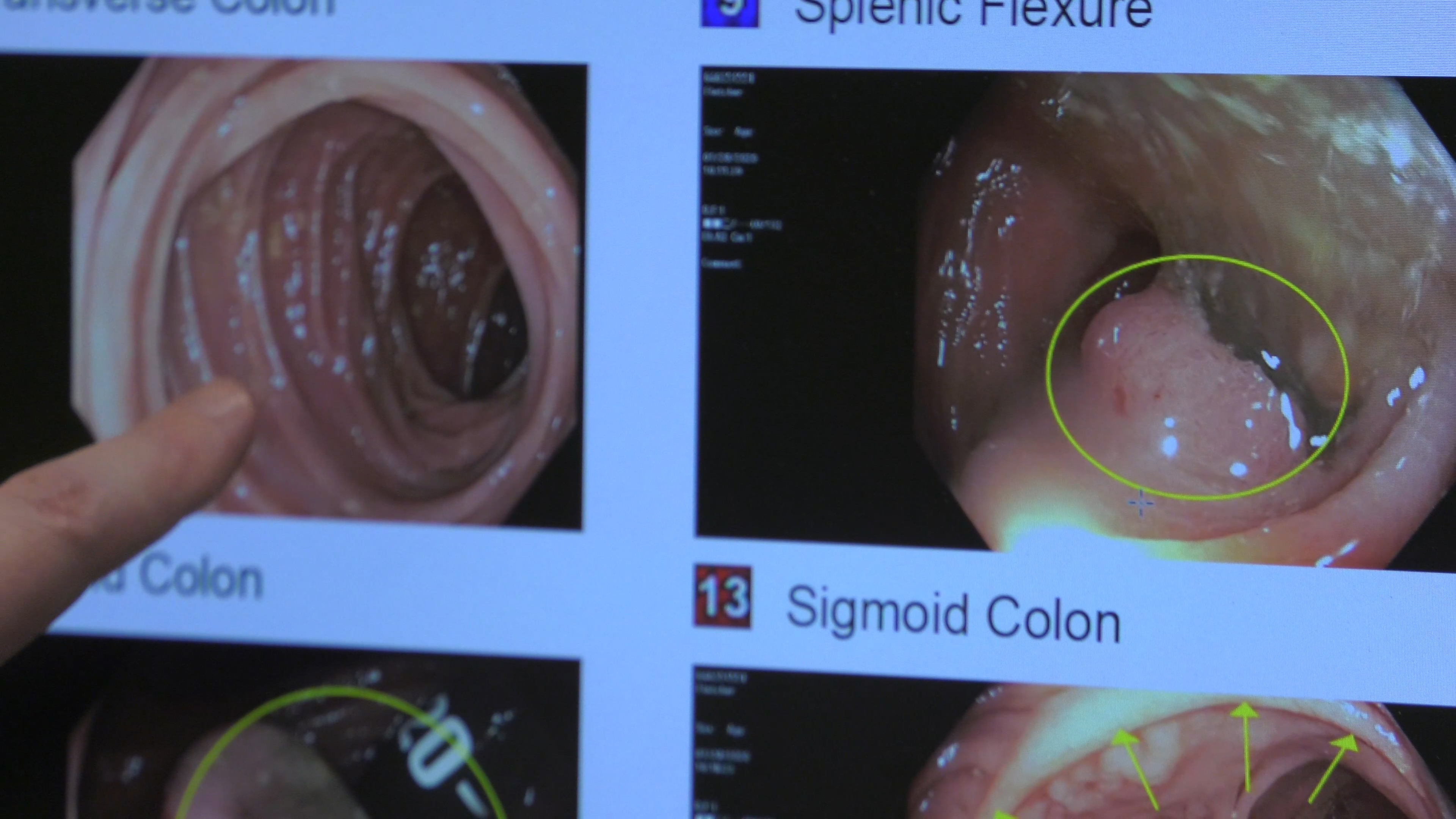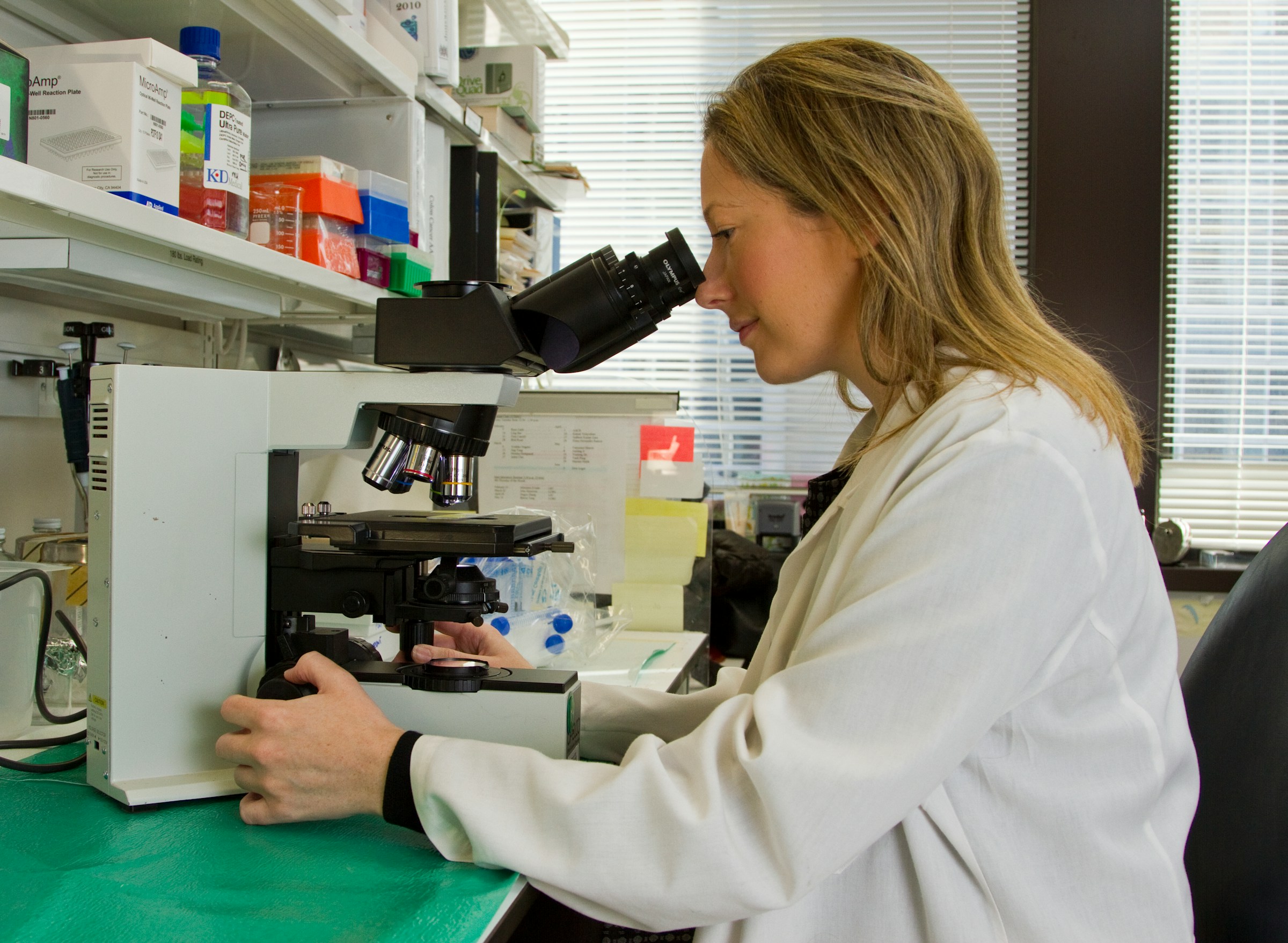March is Colon Cancer Awareness Month, a time to raise awareness about one of the most common — and most preventable — cancers in the United States. With more than 153,000 cases of colorectal cancer diagnosed and over 53,000 deaths in 2024, early detection is critical. Colon cancer is highly treatable when caught early, with a 90% survival rate in its early stages. That’s why Intermountain Health is urging individuals — especially those aged 45 and older — to learn their risk factors, understand the screening options, and take action now. Whether through a colonoscopy or a home-based test like FIT or Cologuard, screening could save your life.
Colorectal cancer is the second most common cancer and the third leading cause of cancer-related deaths in adults under age 50.
According to the American Cancer Society, almost 153,000 individuals in the U.S. were diagnosed with colon or rectal cancer in 2024, and more than 53,000 died from the disease.
March is Colon Cancer Awareness month, and Intermountain Health is working to raise awareness about the disease and the importance of prevention and early detection.
Awareness is crucial, as many cases of colon and rectal cancer can be prevented. In fact, colon cancer has a 90% survival rate when it’s detected early.
Understanding Your Risks
Colon cancer can affect anyone, but certain factors can increase your risk:
- Age: Most cases occur in individuals aged 50 and older
- Family History: A family history of colon cancer or polyps can increase your risk.
- Personal History: Previous polyps or inflammatory bowel disease heightens your risk.
- Lifestyle Factors: Diets high in red and processed meats, smoking, heavy alcohol use and lack of physical activity can contribute to an increased risk.
However, it’s not just older adults who need to be vigilant. Colorectal cancer incidence has been steadily increasing in younger Americans for the last several decades, with the sharpest rise seen in the incidence of rectal cancer.
In 2020, 11% of all colon cancer and 15% of all rectal cancer diagnoses were estimated to occur in individuals under age 50.
“Colon cancer is one of the most common cancers, but also one of the easiest to prevent,” said Dan Ibarra, PA-C, Intermountain Lehi and Saratoga Springs Clinics. “Don’t delay your screenings. It could save your life.”
“Waiting for symptoms is too late,” said Christine Hachem, MD, interim medical director of gastroenterology and digestive health for Intermountain Health. “Screening occurs when you have no symptoms and feel well. Early detection is critical to catching colorectal cancer and saving lives.”
This rise is alarming because younger patients often have more advanced cases by the time they’re diagnosed.
Factors contributing to this trend may include environmental exposures, dietary habits, and sporadic genetic mutations, said Dr. Hachem.
“Younger individuals face unique barriers when it comes to colon cancer screenings, such as a lack of awareness about the need for screening, fear or discomfort associated with the procedure and challenges in navigating the healthcare system,” said Dr. Hachem. “It’s crucial for everyone, regardless of age, to understand their personal risk factors and discuss them with their healthcare provider to determine the best screening plan.”
Updated national guidelines make it possible for more people to be screened with a colonoscopy and stool-based testing starting at age 45.
Colonoscopies are considered the gold standard for colon cancer detection, as it not only detects abnormalities, but removes precancerous lesions. Intermountain Health makes it easier to schedule a colonoscopy with an online system, ensuring you have access to this vital screening option.
For most patients, a colonoscopy is then only needed once every 10 years, or once every five years if your doctor determines you have an increased risk of colon cancer.
Earlier screening may be recommended for anyone with a personal history of polyps or family history of colon cancer.
If you have inflammatory bowel disease (with Crohn’s Disease or Ulcerative Colitis) or other chronic conditions that affect the gastrointestinal (GI) tract, talk with your doctor or a GI specialist to determine when and how often you should be screened.
“Don’t delay your screenings,” said Dr. Hachem. “It could save your life.”

Other Easy and Convenient Screening Options
Intermountain Health offers home-based tests that are both effective and convenient, allowing you to get what you need, when you need it, without leaving your home.
Individuals who are 45 to 75 years old with average risk may qualify for Intermountain’s on-demand colon cancer screening kits. This is an option that allows you to get a test kit in the mail and send it back to the lab for testing without the need for an appointment.
- Fecal Immunochemical Test (FIT): This simple, non-invasive test detects hidden blood in the stool, an early sign of colon cancer. You can complete it at home, and if the results are positive or abnormal, a follow-up colonoscopy may be necessary.
- Cologuard: Combining the FIT with a DNA test, Cologuard detects abnormal DNA markers in stool samples. It’s also non-invasive and can be done at home. A positive or abnormal result will require a follow-up colonoscopy.
Why Choose Home-Based Tests?
Home-based tests like FIT and Cologuard offer several advantages:
- Convenience: Complete the test at home without a doctor’s visit.
- Non-Invasive: No preparation or sedation required.
- Accessibility: Ideal for those who may have difficulty scheduling or accessing colonoscopy appointments.
Act Today
Understanding your risks and exploring your screening options are vital steps in preventing colon cancer.
If you are 45 or older, you can order an at-home colon cancer screening kit to have a test kit mailed to you without needing a doctor’s visit. If you have risk factors, like a family or personal history of colon cancer or polyps, talk to your healthcare provider about getting screened.
For more information about Intermountain Health’s on-demand services, click here.
To schedule a colonoscopy or to find a physician, click here.
www.IntermountainHealthcare.org/colonoscopy
Photo by National Cancer Institute on Unsplash
Intermountain Health is a trusted leader in healthcare across Utah and the Mountain West, committed to improving the health and well-being of the communities it serves. As a contributor to Cedar Valley Sentinel, Intermountain Health provides expert insights on topics ranging from wellness and prevention to emergency care, mental health, and family medicine — all with a local perspective for residents of Eagle Mountain, Lehi, Saratoga Springs, Cedar Fort, and Fairfield.
Their contributions help readers make informed decisions about their health, stay up to date on local health resources, and access expert tips from Utah’s leading medical professionals.

